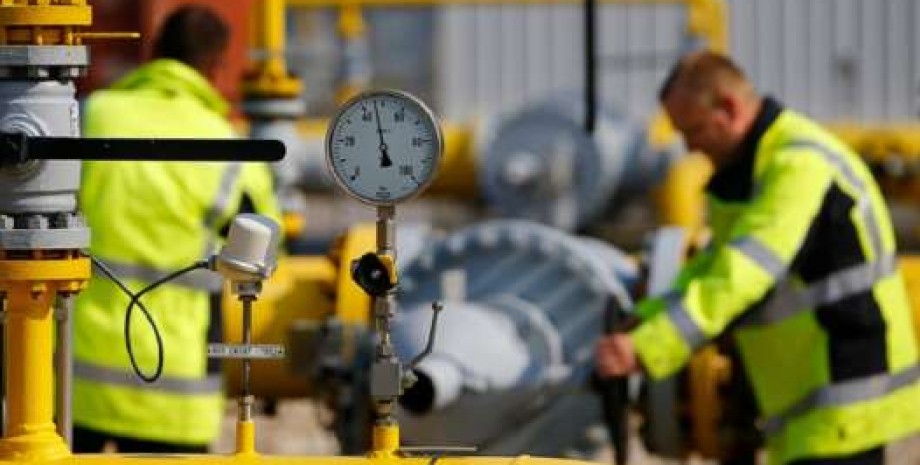
 By Victor Duda
By Victor Duda
For example, Spain and Belgium, from January to September 2023, doubled the import of liquefied gas from Russia compared to 2022, Euobserver reports. It is noted that in the European Union, Spain is the largest importer of the Russian LNG, followed by France and Belgium. According to journalists data, about 27% of the imported Spain of LNG came from the Russian Federation, and Belgium received much more - 37%. Meanwhile, 15% of LNG from Russia was taken to France.
From January to July 2023, Spain paid 1. 6 billion euros for Russian LNG, which makes it the largest buyer in the EU. France and Belgium were lagging behind, paying 1. 3 billion euros for importing Russian LNG. The total expenditure of the EU on LNG from Russia amounted to 5. 51 billion euros. Back in September 2023, CNN wrote that the biggest problem was that many European countries were able to diversify their gas imports, and most of the fuel in the reserve is liquefied natural gas (LNG).
"LNG is so flexible and sold that its origin is a little more difficult to track," - said the Center for European Policy Research Milan Elkerbut. According to him, indirectly some of the liquefied natural gas can come from Russia. "And thus, the Russian Federation will still receive income for its energy," the expert emphasized. Meanwhile, they want to get rid of Russian energy resources in the European Union.
Thus, the plans of EU countries-to reduce Russian gas imports to 40-45 billion cubic meters in 2023. And some countries are already moving in this direction. Yes, on October 24, it became known that Italy signed a long -term contract for the supply of liquefied gas from Qatar, instead of Russian. Italy has become the fourth country of the EU, which practically lost the energy of the Russian Federation.










All rights reserved IN-Ukraine.info - 2022